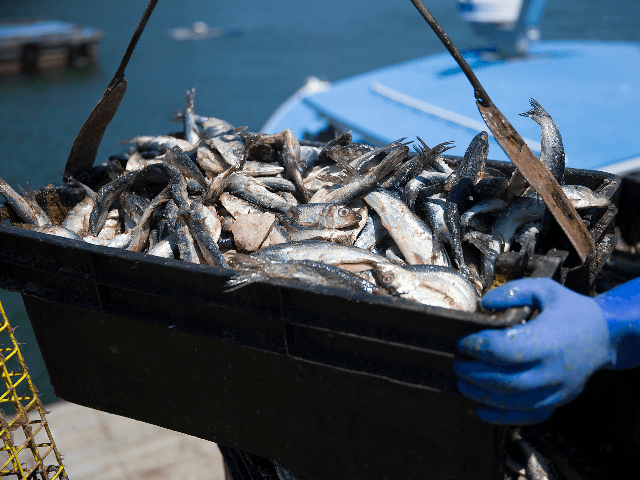The effects of global warming are “already profound,” declares an essay in the New Republic, and climate impacts are especially evident in the Gulf of Maine, “one of the fastest-warming bodies of water on the planet.”
Monday’s article by Audrey Gray cites local fisherman Al Cottone, who has seen his fleet of fishing boats diminish from 50 to 15 in just a decade, something he believes is a result of climate change.
“It’s not something you see with your naked eye,” Cottone said. “But fish are definitely reacting differently, and I’m attributing it to climate change. We’re seeing them in deeper water—they’re trying to get the right temperature at depth.”
While Cottone used to catch 34,000 pounds of cod a year,” Ms. Gray writes, he is down to 2,000 pounds in the current year, due in part to “a diminishing ecosystem that just can’t support larger, meaty fish like it used to.”
“Cottone and the other fishermen left around Gloucester are already experiencing levels of warming that the rest of the world may not see until 2100,” Gray says, and they “endure more frequent and more intense storms, the kind that keep your boat docked for five days until the ocean swells calm down.”
Gray attributes these phenomena to climate change, and in particular, to melting glaciers.
“Like many of the world’s worst climate impacts, extreme water temperatures along the Northeast U.S. Continental Shelf is directly connected to melting glaciers,” the article states, and the melting of the Greenland ice sheet has “triggered a slowing of ocean currents that routinely circulate cooler water into New England.”
“It’s left the Gulf of Maine with a warming level at almost four times the global ocean average,” Gray asserts.
Nonetheless, Maine has seen record lobster harvests in recent years, Gray notes, at “132 million pounds of lobster landings in 2016 as opposed to 57 million pounds of lobster in 2000,” though she insists that “Maine’s boom is not likely to last.”
As interesting as Ms. Gray’s findings and predictions are, she fails to establish a causal relationship between manmade global warming and the meteorological phenomena she cites.
In the summer of 2016, a group of scientists found that temperatures in the Antarctic Peninsula had been falling steadily for the last 18 years at the rate of nearly one degree Fahrenheit per decade, countering earlier warming trends and completely undermining one of the most cited cases of rapid climate change.
Writing in Nature, the scientists acknowledged that what was once considered one of the most remarkable cases of accelerated anthropogenic climate warming was not due to human causes at all but rather to natural climate swings.
The scientists observed that despite volumes of literature to the contrary, “both the warming since the 1950s and the cooling since the late 1990s are entirely consistent with natural climate variability.”

COMMENTS
Please let us know if you're having issues with commenting.